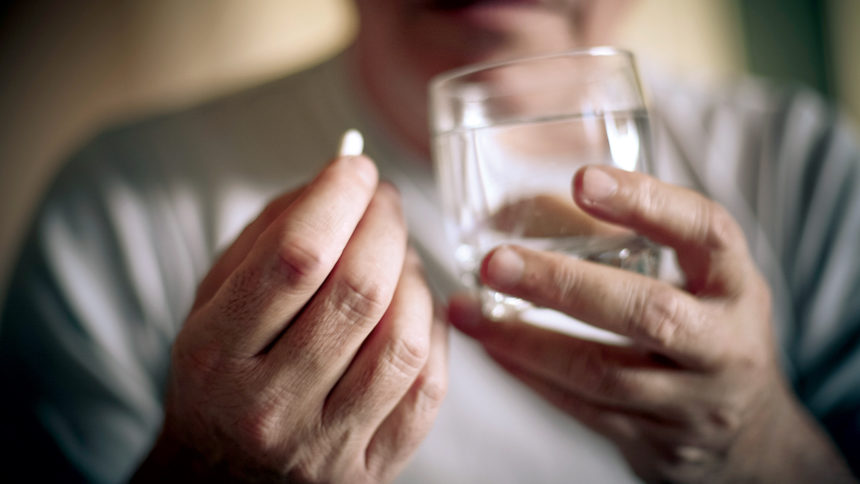
Nursing facility residents who took COVID-19 antivirals pills had a relatively low hospitalization rate, but some experienced changes in mental status while taking Paxlovid, a unique call center study has found.
The state of Indiana set up a call center in early 2022 to help long-term care facilities locate and secure the oral antiviral medications Paxlovid and molnupiravir for residents.
Call center staff contacted facilities seven to 10 days later to check recipients’ medication adherence, tolerance and clinical outcomes. Physician investigators from the Indiana Department of Health tracked 108 of these residents’ health outcomes. Seventeen did not complete the treatment (often due to refusal by the resident or their power of attorney).
Altered mental status
There were notable clinical outcomes, including relatively low hospitalization rates overall. Two of the 59 molnupiravir recipients had diarrhea that resolved without treatment. More significantly, altered mental status was reported in five of the 32 residents who received Paxlovid. This included delusions, hallucinations and paranoia.
In four of the residents with altered mental status, there were other factors that could have caused or contributed to the changes, the researchers reported. Two had started Decadron for severe COVID-19, one had had a severe stroke, and one had a urinary tract infection.
The changes were resolved by the time of a second follow-up in all but one resident. But despite competing causes and symptom resolution, the findings raise a red flag, the study’s authors cautioned.
“This serves as an important reminder to observe for [acute mental status changes] in all residents with COVID, regardless of intervention,” they wrote.
Meanwhile, the overall hospitalization rate of residents who received the antivirals was 2.2%. This was lower than a previously reported rate of 4% in long-term care residents during the omicron period and 11% in the period before omicron, the investigators reported.
Symptoms improve
In addition, 90% of residents who completed their course of medication reported improved COVID-19 symptoms. Among the nine who did not improve, one was hospitalized due to stroke and died, one had a non-COVID-related hospitalization, two reported worse symptoms and five reported no change in their condition, according to the study’s authors.
Full findings were published in the Journal of the American Geriatrics Society.
Related articles:
Paxlovid cuts seniors’ COVID-19 risk, no matter their vaccine status: study



